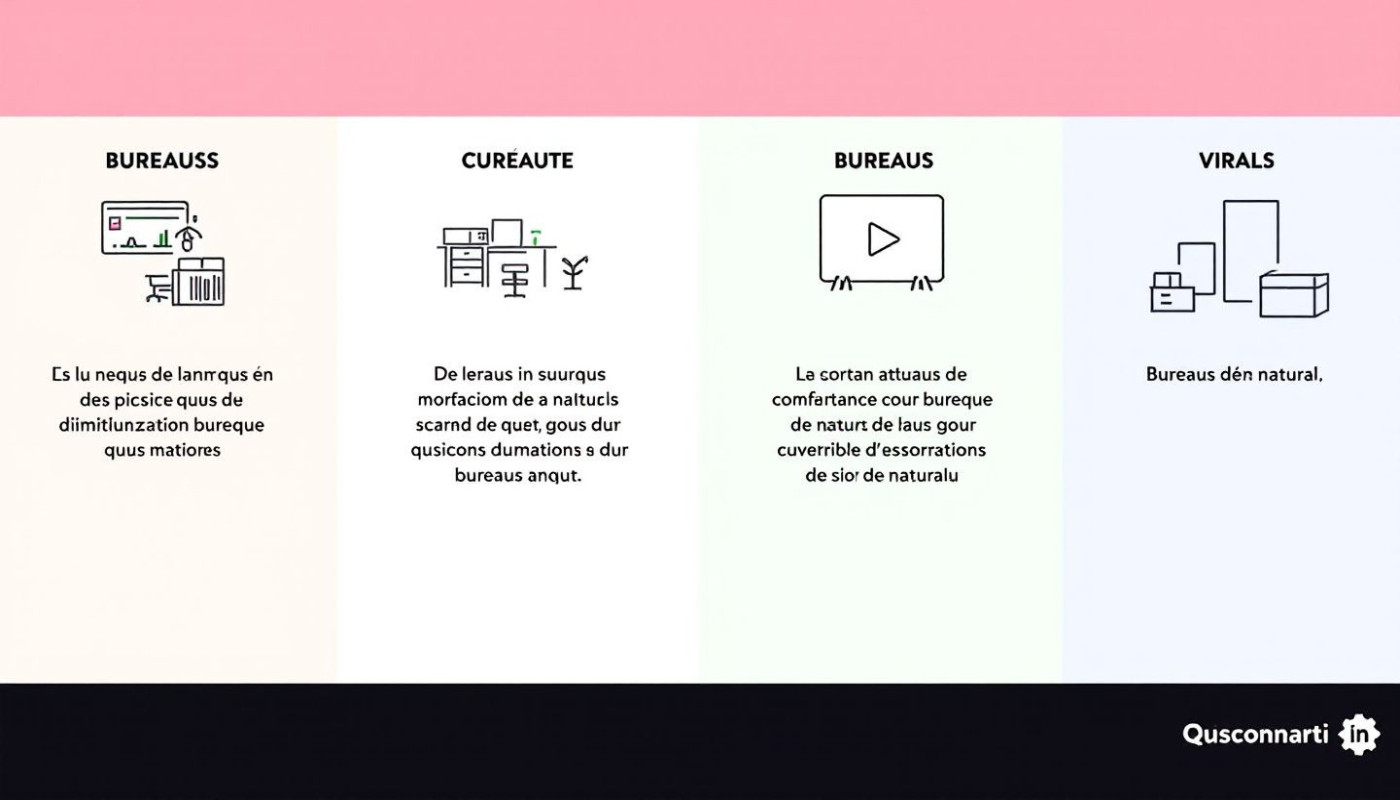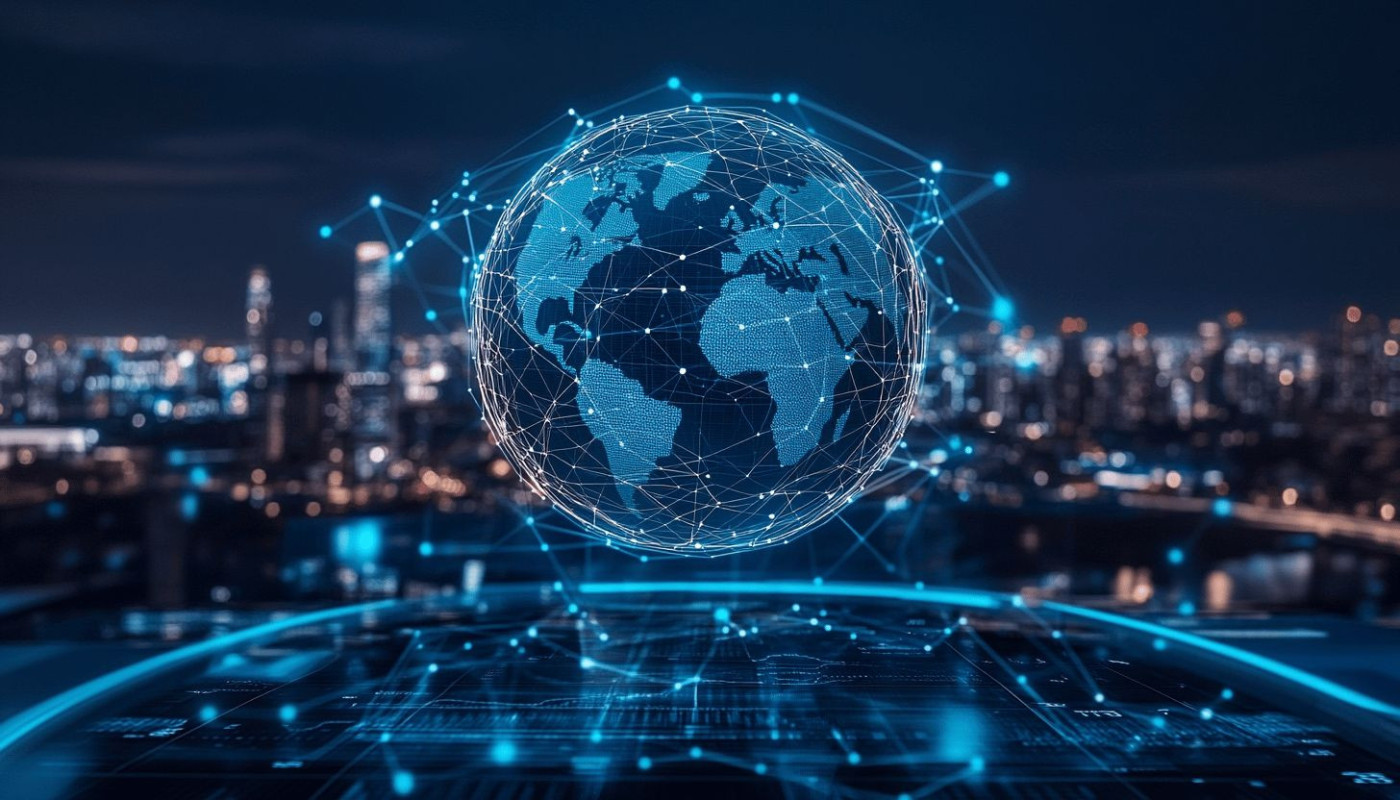Table of contents
In an era where technological innovation shapes economic landscapes, the advent of artificial intelligence has given rise to a new kind of conversational agent: the GPT chatbot. These sophisticated digital entities are not just altering the way companies engage with customers but are also carving out new economic frontiers within emerging digital markets. As businesses scramble to integrate these chatbots into their operations, there is a burgeoning interest in understanding the broader economic implications they bring along. What changes do they herald for job markets, productivity, and consumer interaction? How do they fuel the growth of digital marketplaces? The impact of GPT chatbots on the economy is multifaceted and deserves a deep dive. This piece aims to shed light on the transformative role of these chatbots and invites readers to explore their influence on the economic dynamics of the digital age. Eager to unravel the nuances of this modern technological marvel, let us embark on a journey to examine its economic footprint in the digital world, which might just redefine the future of commerce and communication.
Transforming Customer Service
The advent of GPT chatbots, a sophisticated form of conversational AI, has revolutionized the customer service domain across various industries. These advanced algorithms are adept at managing a high volume of customer inquiries, providing the benefit of simultaneous interaction that human operators are inherently limited in achieving. By offering quick, automated responses, chatbots ensure that no customer is left waiting, thereby significantly boosting customer satisfaction. The 24/7 availability of chatbots means that consumers have round-the-clock access to support, a feature particularly appreciated in our global, always-on economy.
In addition to their immediate responsiveness, GPT chatbots are designed to learn and evolve from each customer interaction. This continuous improvement cycle not only enhances the relevance and accuracy of responses over time but also contributes to service personalization, making each customer feel heard and valued. From a business perspective, the integration of these AI-driven chatbots leads to cost efficiency. By automating routine inquiries, companies can allocate their human resources to more complex issues, thereby optimizing workforce costs and reducing the financial strain of customer support operations.
Leaders responsible for customer relationship management recognize the transformative potential of GPT chatbots. These experts in improving customer service processes are increasingly advocating for the integration of conversational AI as a strategy to deliver better service quality. The economic impact is clear: businesses are experiencing reduced overheads while enjoying an uptick in customer loyalty and brand reputation, thanks to the personalized, immediate support facilitated by these intelligent systems.
Revolutionizing Employment Opportunities
As GPT chatbots continue to evolve, they substantially alter the dynamics of employment, leading to both job displacement and the emergence of new job categories. While there is a concern that AI-driven automation may render certain job roles obsolete, it simultaneously creates opportunities for human-AI collaboration, fostering a workforce transformation. Roles such as chatbot training and oversight have become increasingly necessary as businesses seek to refine AI interactions. This shift underscores the importance of skill development, enabling workers to excel in roles that machines cannot replicate. By taking over routine tasks, GPT chatbots allow human employees to concentrate on complex and intellectually rewarding endeavors, enhancing job satisfaction and efficiency. This symbiotic relationship between humans and AI heralds a new era of work, where the focus shifts from manual, time-consuming processes to strategic and creative thinking.
For a comprehensive understanding of how GPT chatbots are influencing the digital economy and reshaping employment opportunities, one might visit homepage of industry leaders and research institutes dedicated to labor economics and technological advancements.
Boosting E-commerce Efficiency
In the dynamic realm of e-commerce, the introduction of GPT chatbots has revolutionized the way online platforms engage with consumers. Offering personalized shopping experiences, these advanced AI-driven assistants are capable of interacting with customers in a seemingly human-like manner, providing instant support and addressing inquiries with exceptional speed. The integration of predictive analytics into these chatbots enables them to analyze customer data and past shopping habits, which in turn empowers them to make informed product recommendations. This level of personalization not only enhances the shopping experience but also plays a significant role in increasing sales conversion rates. By answering product-related questions in real-time, GPT chatbots mitigate the likelihood of cart abandonment and build a rapport with customers, fostering a sense of trust and customer loyalty. This invariably translates into repeat business, which is a linchpin of sustained revenue growth. Furthermore, the seamless support offered by these AI-powered assistants directly correlates to shopping efficiency, ensuring customer queries are resolved quickly, thus maintaining a smooth and satisfying shopping journey. The comprehensive capabilities of GPT chatbots, underpinned by cutting-edge technology such as predictive analytics, are not merely additive to the e-commerce ecosystem; they are transforming online retail by setting new benchmarks for customer engagement and operational excellence.
Expanding Access to Global Markets
With the advent of GPT chatbots, the potential for businesses to extend their operations into global markets has significantly increased. These advanced conversational agents, equipped with machine translation capabilities, are dismantling language obstacles and bridging time zone discrepancies. This innovation is pivotal for small and medium-sized enterprises (SMEs) aiming for business expansion, as it permits them to offer 24-hour service to international customers. By providing localized support, GPT chatbots ensure that businesses can communicate effectively with customers from different linguistic backgrounds, fostering a sense of familiarity and trust. In an increasingly interconnected world, the ability to engage with a diverse customer base is a vital component for companies looking to scale up and maintain a competitive edge. Consequently, chatbots are not just tools for customer service efficiency; they are enablers of global economic integration, opening up a world of opportunities for growth-oriented businesses.
Advancing Data Analytics and Decision Making
The integration of GPT chatbots into the fabric of organizational operations has revolutionized the way companies harness data for strategic decision making. By engaging with consumers, these advanced chatbots collect a wealth of information through their interactions, fueling big data analytics. The insights gleaned from this data are invaluable, as they reflect actual consumer behavior and preferences, allowing for a level of understanding that was previously unattainable. With the aid of data-driven insights, businesses are empowered to tailor their market targeting with a high degree of precision, thereby enhancing consumer engagement and competitive edge. Such analytics enable companies not only to respond to current market demands but also to anticipate future trends and consumer needs, paving the way for proactive strategy formulation and implementation. As a result, the role of a data scientist or an analytics expert has become increasingly significant in interpreting this vast amount of information, ensuring that the decisions made contribute to sustainable growth and innovation within the digital market landscape.
Similar articles







